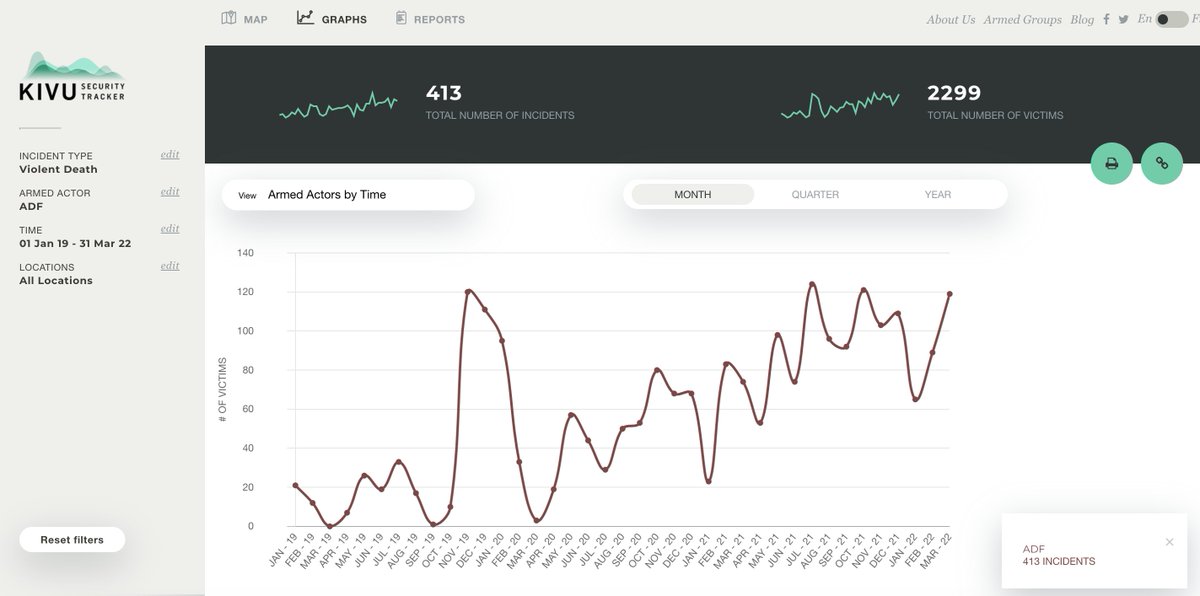
A quick thread about the #CHOGM in Kigali and the resurgence of the M23. To my knowledge, only the @USEmbKinshasa and @SFRCdems have spoken of Rwandan support to the M23. actualite.cd/2022/06/14/rdc…
@JustinTrudeau @BorisJohnson, @MBuhari and 32 other heads of state will attend; they have not spoken out. In my discussions with diplomats, the reluctance is because "we don't have the facts." Given the huge moral and financial support of #CHOGM to GoR, that is not good enough.
Yet, there are strong indications of this support. I have spoken with people who have seen troops cross back and forth the Rwandan border, with people who have interviewed M23 defectors, and with people who have close friends in the M23. They say material support has taken place.
The UN Group of Experts on the DRC, which published its latest report on June 14, reports of M23 recruitment in Rwanda and Uganda, where many M23 have been since their defeat in 2013. documents-dds-ny.un.org/doc/UNDOC/GEN/…
This would probably be difficult, especially in Rwanda, without government complicity. That same UN report also speaks (para 67) of "individuals wearing uniforms of the Rwanda Defence Force (RDF)" in M23 camps in Congo. I have also heard of similar drone footage from MONUSCO.
Simple logic is also useful: if Rwanda wanted to bring an end to the M23––even if it was not supporting them––it would be able to do so quickly. The M23 in April was still located on several hills rights next to Rwanda and Uganda. 

These have not been small skirmishes, the M23 have been able to withstand weeks of fighting, capture the largest military camp in North Kivu, as well as the Bunagana border crossing and block the Goma-Butembo road. They need supply lines.
None of this is 100% confirmed. But it will take weeks to do the on-the-ground research necessary to firm this up. The UN Group will probably not return for weeks to come. Is this not at the very least enough to express doubts, deploy intel capabilities, question the government?
• • •
Missing some Tweet in this thread? You can try to
force a refresh







